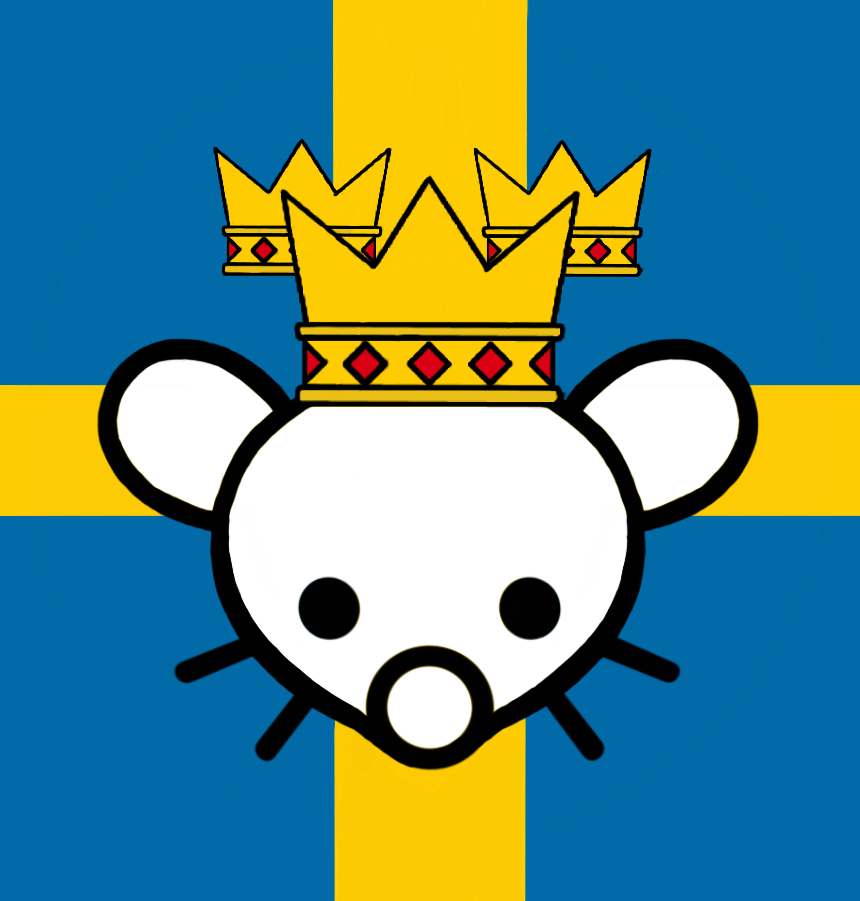

I very much understand wanting to have a say against our data being freely harvested for AI training. But this article’s call for a general opt-out of interacting with AI seems a bit regressive. Many aspects of this and other discussions about the “AI revolution” remind me about the Mitchell and Web skit on the start of the bronze age: https://youtu.be/nyu4u3VZYaQ











Internal monologue: "But wait, will it come off as impolite if my reply is this short? I better add something about how I’m sad to hear that they are sick. And maybe also something that I hope they will get better soon. Hmm… how do I say that without sounding like I expect them to be better soon-- that they can and should feel allowed to recover at their own pace? But, now it sounds as we don’t need them at work-- I also want them to feel missed. Also, is there a risk they take ‘rest up’ wrong?, as if it is their fault they are sick because they haven’t rested enough?-- I’d better soften up that formulation. Then, how do I start this email? ‘Dear x,’ seems too formal, maybe ‘Hey,’ – no, that sounds like ‘Hey listen up!’; maybe I’ll just skip the greeting to make it feel more like a casual conversation. Do I still sign the email? With “Regards?”, “Best regards?”, “Sincerely?”, “With wishes of swift recovery?” Should I also cut the email footer to make it seem less formal? What if they need to forward this to show that they have my permission? In that case the formal footer is probably useful… etc. etc.